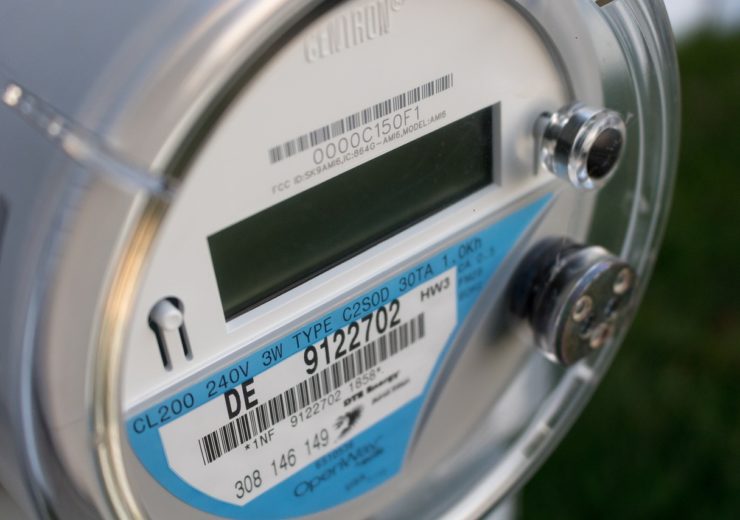Dominion Energy’s new proposal to the Virginia State Corporation Commission includes investment in smart meters that offer energy management tools to customers

Image: Dominion plans to invest in smart metres in Virginia. Photo: Courtesy of Renee Gaudet/Pixabay
Dominion Energy has submitted a new proposal to Virginia State Corporation Commission (SSC) seeking approval to invest $594m (£483m) as part of a 10-year plan to transform the state’s energy grid.
As per the proposal, the company plans to invest $594m through 2021 in a new customer information platform which will allow customers to digitally manage their energy usage, and installation of nearly one million smart meters, more than tripling the number currently deployed.
Dominion Energy plans full smart metre deployment by 2024
Pending SSC approvals, the company expects to achieve full smart metre deployment in its service area in the state by 2024.
Dominion Energy also plans to implement new technologies and a series of new programmes developed with inputs from stakeholders and customers.
The initiative comes at a time when Governor Northam has called for the state’s electric sector to fully decarbonise by 2050.
The company also said that the investment will see no rate increase for the costs related to the deployment of the new customer information platform and smart meters.
Dominion Energy electric distribution senior vice-president Ed Baine said: “Our initiative is the next step in creating a clean energy future in Virginia. This will help customers for years to come, with more resilient service, greater value and a partnership that helps to protect the environment for the next generation.”
As per the company, customers will be benefitted by the smart meters as they can give more information and tools to better manage their energy use and bills. They will also be able to save money through new options such as timely usage insights and energy efficiency programmes.
The smart meters will also allow customers to receive alerts warning them of potentially high bills. Customers will also get notifications about power outage and restoration.
Customers can also expect fewer outages caused by weather and other events due to stronger, more secure and resilient infrastructure and technology, such as digital intelligent devices and automated control systems that help manage the flow of energy more efficiently across the distribution system.
The smart grid has also been designed to maximise the benefits of renewable energy generation, whether the energy is produced by offshore wind or from solar panels at customer homes. The proposed upgrades are expected to accommodate two-way flow of power, allowing excess energy produced by customers to be delivered back to the wider grid.
